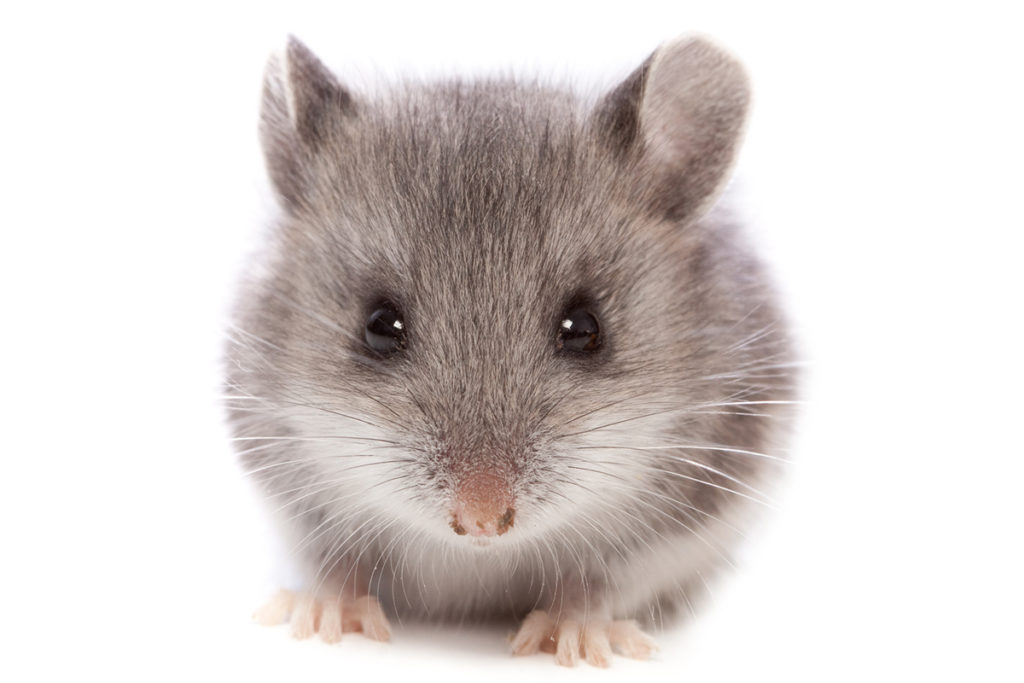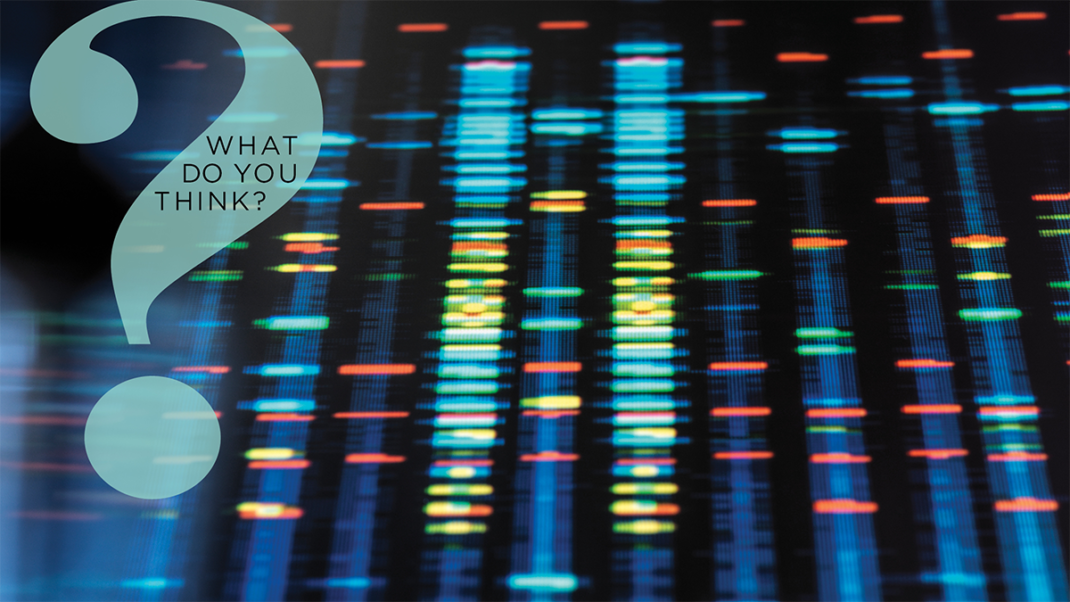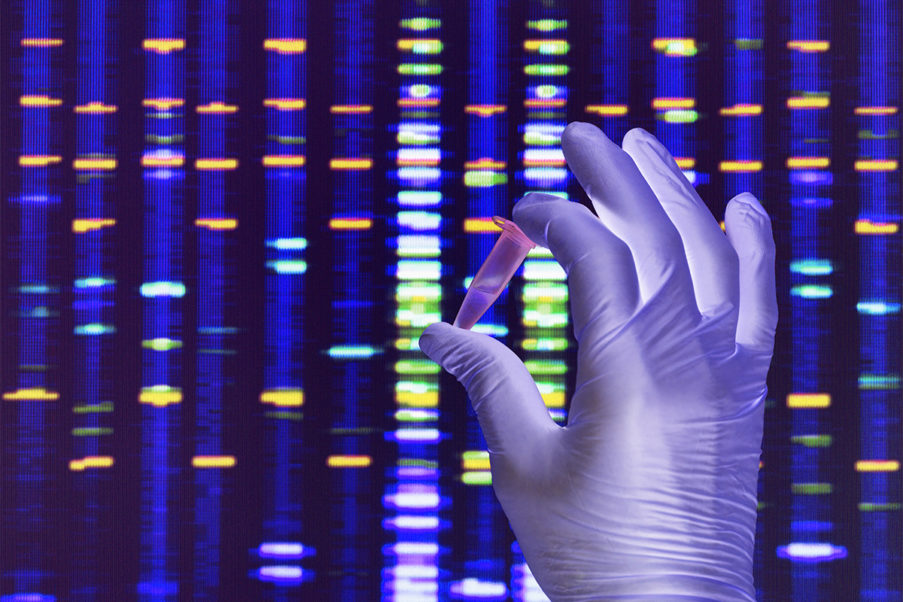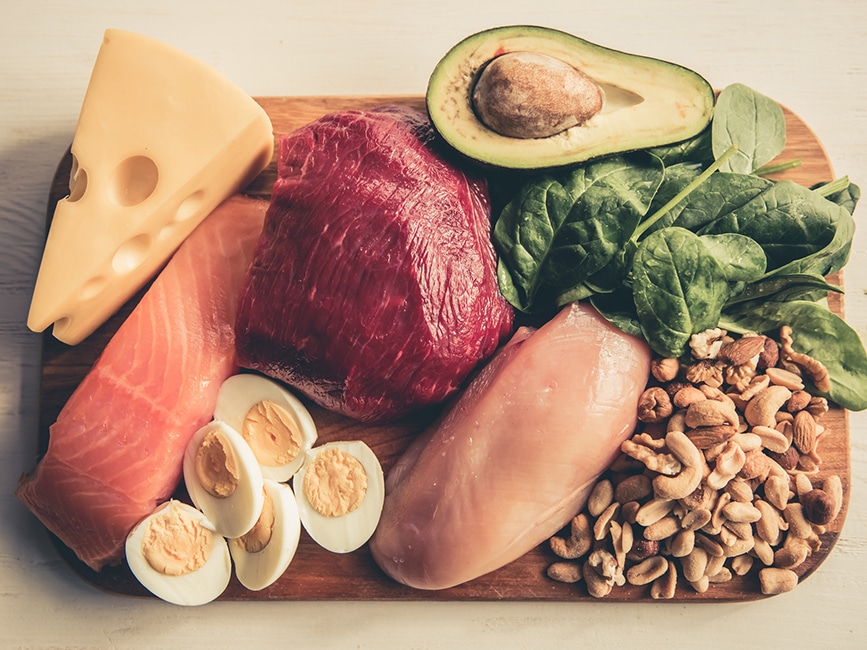Prkar2a Gene for Food and Exercise
No more constant cravings?

National Institutes of Health researchers recently discovered Prkar2a, a gene in mice that controls the craving for sugary and fatty foods and the urge to exercise. The gene is highly expressed in the habenula, a tiny brain region involved in responses to pain, stress and reward. Prkar2a-negative mice ate less high-fat food and sugar solution than their counterparts with the active gene. Rodents without the functioning gene also exercised for fewer minutes during a run test. Next up is determining what role this gene may play in human food and exercise choices and, in turn, obesity.
See also: Binge Eating: There’s a Gene for That
Matthew Kadey, MS, RD
Matthew Kadey, MS, RD, is a James Beard Award–winning food journalist, dietitian and author of the cookbook Rocket Fuel: Power-Packed Food for Sport + Adventure (VeloPress 2016). He has written for dozens of magazines, including Runner’s World, Men’s Health, Shape, Men’s Fitness and Muscle and Fitness.





